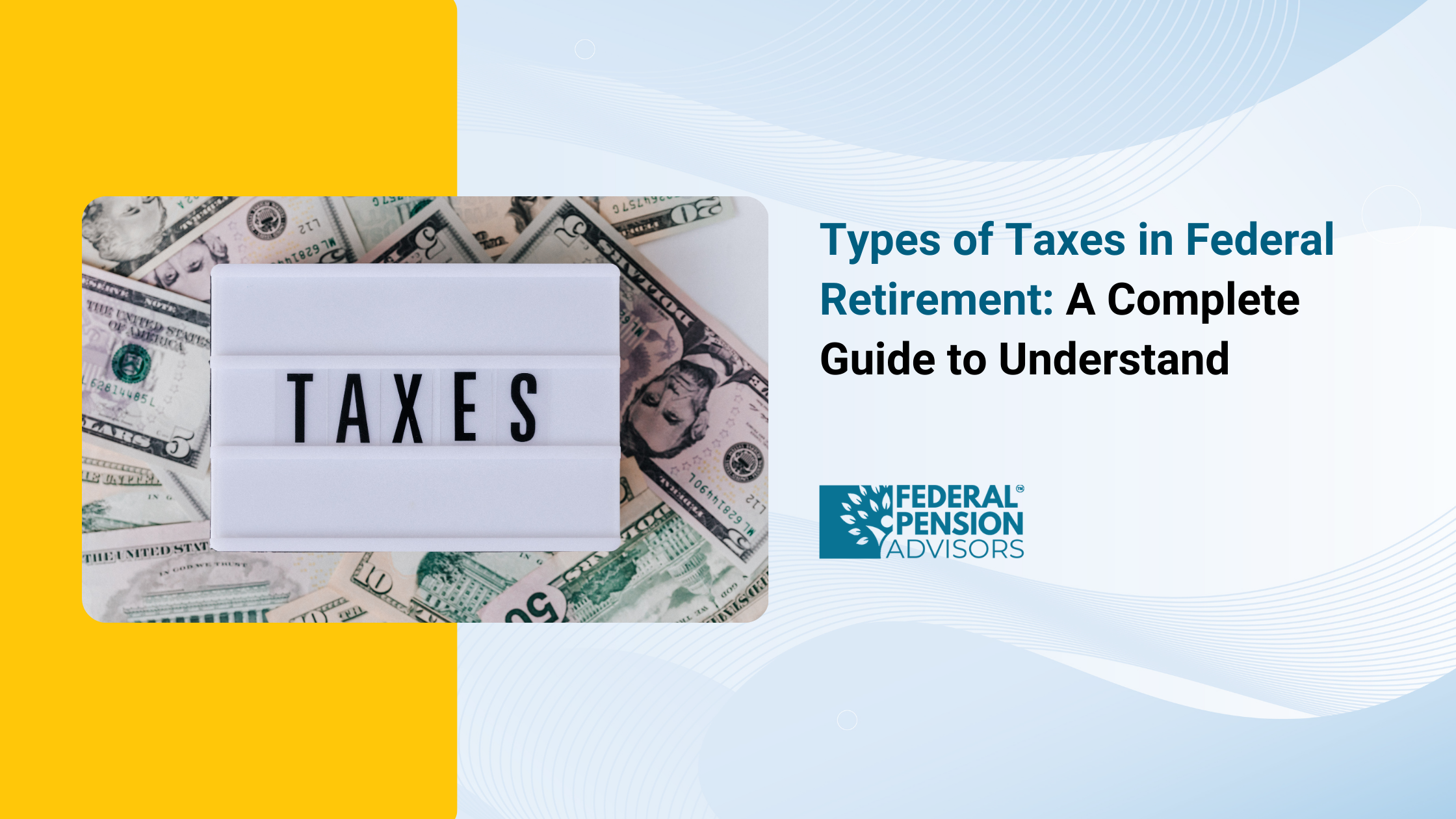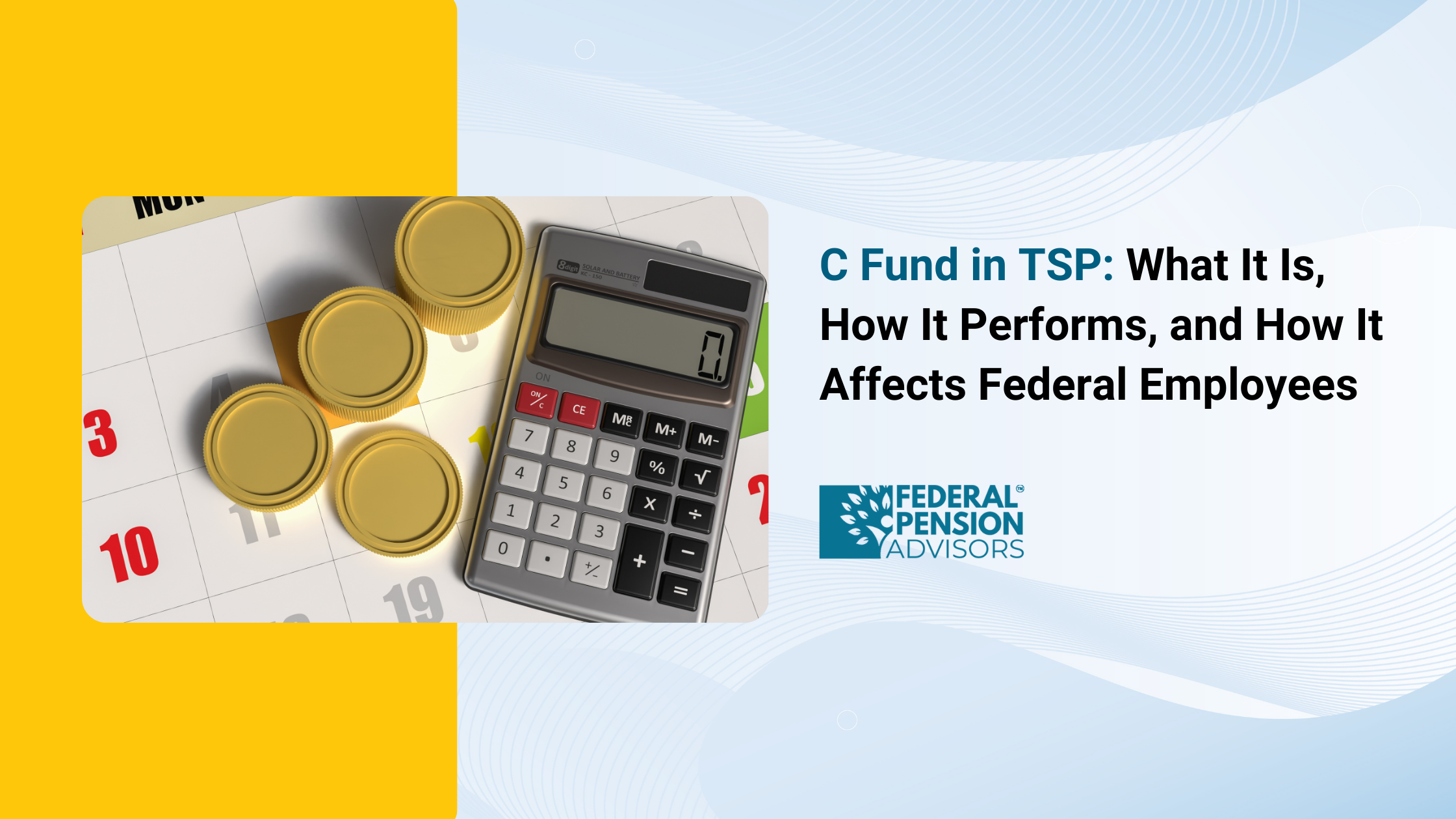You’re not alone; 4,359 federal employees booked their free review.

What Is the Federal Employee Probationary Period? Everything You Need to Know
Starting a career in federal service is an exciting milestone, but it also comes with a unique set of expectations, especially during your initial phase of employment. One of the most critical phases that every new federal worker must navigate is the federal employee probationary period.
This period is more than just a formality. It’s a trial run for both you and the agency to ensure it’s a good fit. For many, it’s the difference between a long, secure federal career and a sudden halt. Whether you're a new hire or transitioning from military to civilian federal service, understanding this period is vital—not just for your job security but also for your financial planning and retirement strategy.
In this blog, we’ll break down what the federal employee probationary period is, what rights you have, the types of termination you could face, and how to navigate this phase smartly, with your finances and long-term goals in mind.
What Is the Federal Employee Probationary Period?
The federal employee probationary period is a designated time—typically one year—at the start of your federal employment where your performance, conduct, and suitability are closely monitored. It applies to most new permanent employees in the competitive service and sometimes even to those changing agencies or roles within the federal government.
During this period, your supervisor evaluates:
- Your job performance and ability to meet responsibilities.
- Your attendance, conduct, and workplace behavior.
- How well you adapt to federal procedures and work culture.
Unlike employees who have completed probation, those still within this period have fewer protections if the agency decides to terminate their employment. That’s why it’s crucial to approach this time with awareness, focus, and preparation.
Different Types of Termination During the Probationary Period
Yes, probation is a test. And unfortunately, not all pass it.
A federal employee fired during the probationary period usually cannot appeal to the Merit Systems Protection Board (MSPB), unless the termination is for reasons prohibited by law—such as discrimination or retaliation for whistleblowing.
Let’s look at the most common types of terminations that occur during probation:
1. Performance-Based Termination
This is the most common reason. If your supervisor determines that you're not meeting the performance standards of your position, they may terminate your employment with minimal procedural requirements.
2. Misconduct-Based Termination
Poor attendance, inappropriate behavior, or violation of agency rules can lead to dismissal. Again, due process rights are limited for probationers.
3. Suitability Termination
If issues arise regarding your background or character that weren’t evident during hiring, you could be removed for unsuitability.
4. Reduction in Force (RIF)
While rare during probation, it's possible to be affected by RIF if your agency faces budget cuts or restructuring.
It’s important to understand that while federal employees fired during the probationary period don’t have the same rights as tenured employees, they’re not entirely without protection—especially if the termination appears to violate federal regulations.
Federal Employee Probationary Period Rights
Here’s where things get interesting—and often misunderstood.
While probationary employees have limited rights, they still retain some essential protections under federal law. Understanding your federal employee probationary period rights can be a game-changer if your job is ever at risk.
Rights You Do Have:
- Freedom from discrimination: You cannot be terminated based on race, color, religion, sex, national origin, age, disability, or other protected categories.
- Protection from whistleblower retaliation: Reporting fraud, waste, or abuse shouldn’t cost you your job.
- Right to file EEO complaints: If you believe you’ve been discriminated against, you can pursue an Equal Employment Opportunity claim.
- Veterans' preference: If you're a veteran, you may have additional protections under the Veterans Employment Opportunities Act (VEOA).
Rights You Don’t Have:
- You typically can’t appeal a termination to the MSPB unless it falls under one of the protected categories mentioned above.
- You may not receive a performance improvement plan (PIP) or a formal warning before termination.
- Union protections may not fully apply until you complete your probation.
Bottom line? Know your rights and seek help immediately if you feel something’s not right.
You may like - deferred resignation program update
What Federal Employees Should Know During the Probationary Period
Here are some crucial things every probationary employee should keep in mind to stay on the safe side and build a successful federal career:
1. Show Up and Deliver
Attendance matters—a lot. Unexcused absences or tardiness can send red flags. Make it a point to be punctual and dependable.
2. Keep Communication Clear
Stay in regular touch with your supervisor. Ask questions, seek feedback, and address any challenges head-on.
3. Document Your Performance
Keep track of your assignments, deadlines met, and positive feedback. This record can help in case your performance is ever questioned.
4. Understand Your Agency’s Policies
Each federal agency has its own specific probation policies. Be sure to read the fine print and ask HR if you're unsure.
5. Ask for Help Early
If you're struggling, don't wait until it’s too late. Speak to your supervisor or HR about getting the support you need.
Planning Your Finances During the Probationary Period
Job security isn’t a given during the federal employee probationary period, which means your financial planning must be airtight from day one.
Here are some smart financial steps to take:
1. Build a Safety Net
Make it a priority to save 3–6 months' worth of expenses. If things don’t work out, you will need breathing room to find your next step.
2. Don’t Overcommit
Avoid making large financial commitments (like buying a house or expensive car) until your position becomes permanent.
3. Know Your Benefits
Even as a probationary employee, you likely qualify for many federal benefits—including health insurance, the Thrift Savings Plan (TSP), and more. Take full advantage.
4. Keep Retirement in Sight
It might feel far off, but starting to plan your federal pension from day one helps you avoid stress later. Even one year of federal service counts toward your pension eligibility, provided you complete it successfully.
5. Have a Backup Plan
It’s always good to plan for multiple outcomes. Whether it’s continuing education, certifications, or part-time freelance work, keep your options open.
Why Working With a Federal Pension Advisor Makes Sense

Navigating federal service—from probation through retirement—isn’t always simple. Especially when it comes to understanding how your probationary status, job classification, and benefits eligibility affect your long-term financial goals.
This is where a Federal Pension Advisor becomes invaluable.
Here’s how they can help:
- Evaluate how your probationary period impacts your retirement eligibility.
- Help you make the most of your TSP contributions even during uncertain times.
- Offer guidance on what to do if you're a federal employee fired during the probationary period, including how it affects your service credit and future federal re-employment.
- Assist with survivor benefits, FERS/CSRS, and social security integration.
At Federal Pension Advisors, we specialize in helping federal employees at every stage of their career—understand and optimize their benefits. If you’re currently navigating your federal employee probationary period, don’t wait for uncertainty to turn into stress. Let’s build a strategy that secures your present and strengthens your future.
Final Thoughts
The federal employee probationary period is more than just a procedural checkpoint—it's a pivotal phase that can shape your entire federal career. Whether you're just starting or midway through, staying informed and proactive can make the difference between a brief job and a long-term legacy.
Know your rights. Document your progress. Guard your finances. And most importantly, don’t navigate this journey alone.
Partner with a Federal Pension Advisors today and take control of your federal future—one smart step at a time.


Get Updated
Subscribe to our weekly updates for the latest on retirement planning, federal benefits, exclusive webinars, and more!
Download Federal Retirement: Step-by-step Checklist
This comprehensive guide will help you understand your federal benefits, optimize your savings, and plan for a comfortable future.



.png)








